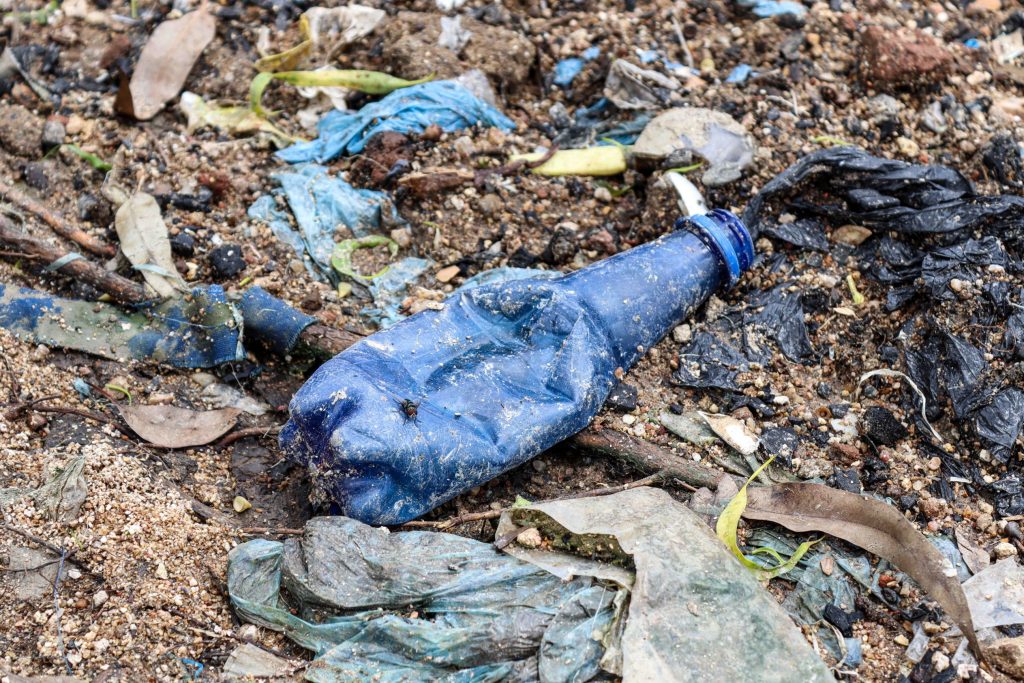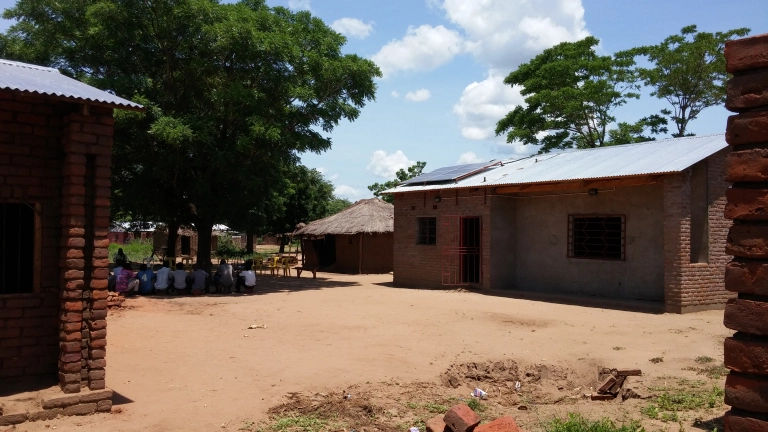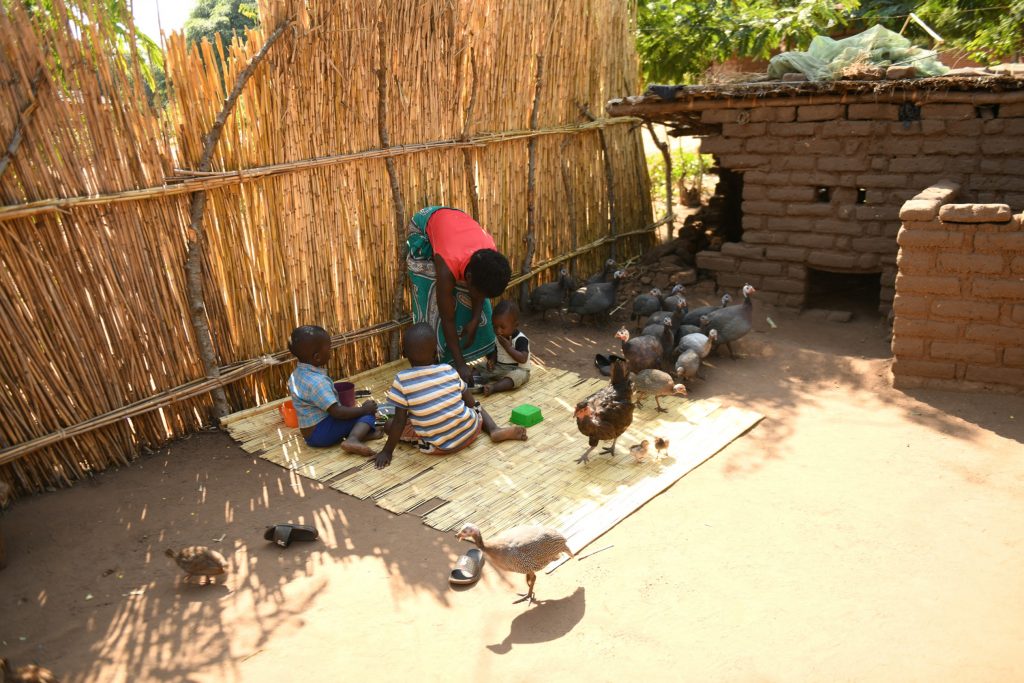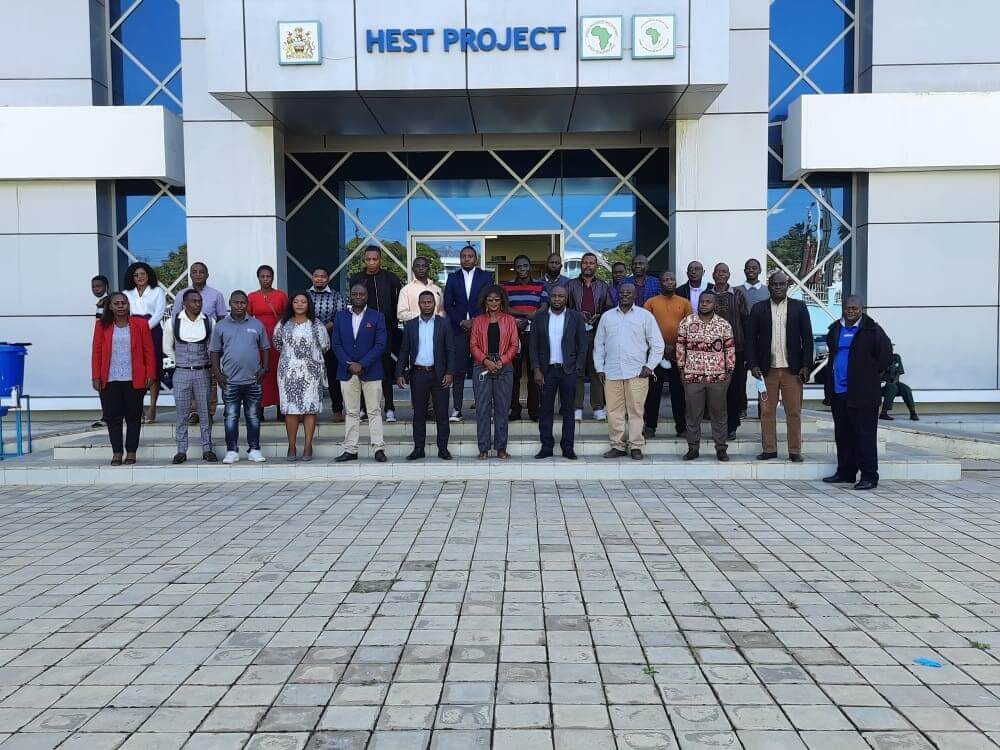Discarded plastic in the peri-urban environment is a serious challenge for sustainable waste management and for the delivery of environmental & public health. In many cities in sub-Saharan Africa including Malawi, plastic wastes, and plastic bags in particular, contribute to blockage of waterways, provide a larval habitat for mosquitoes and potentially spread pathogens.
WASHTED has collaborated with Sterling University, Durham University, Heriot-Watt University, Liverpool School of Tropical Medicine, University of Dar es Salaam, Malawi Liverpool Wellcome Trust (MLW) and University of Strathclyde in a study to assess the Sustainable Plastic Attitudes to benefit Communities and their Environments (SPACES). The overarching aim of the SPACES project is to focus on the sources, economic & behavioural drivers of plastic pollution in densely populated cities in Tanzania (who have just enforced a ban on plastic bags) and Malawi (who have just rejected a ban on plastic bags) in order to influence policy and directly deliver societal impact by incentivising behavioural change.
WASHTED will be working closely with MLW to; quantify the burden of plastic waste in Ndirande, conduct a vector surveillance on medically important mosquitoes and assess the role of plastics in facilitating the survival of bacteria carrying AMR genes and facilitating the emergence of novel zoonotic diseases.
This is a 4 years study that commenced in January 2021 and will be completed in January 2025.
For more details about the study visit this page.
Funder: NERC (Natural Environment Research Council)
Total funding: £3,415,446
Research outputs can be found here.






